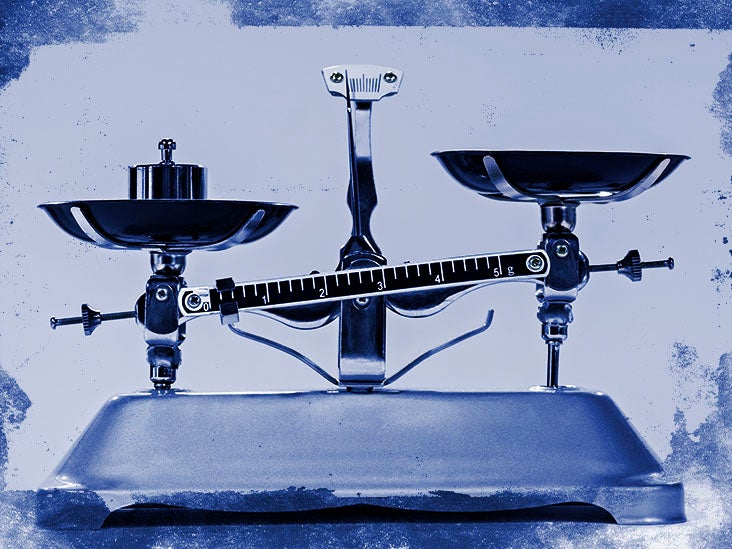- Homeopathy is a popular form of alternative medicine.
- For many years, homeopaths and scientists have wondered whether homeopathy is more effective than a placebo.
- A recent study investigated whether reporting bias existed in homeopathy research.
- The authors found evidence of reporting bias, which they say calls into question publications demonstrating the benefits of homeopathy over placebo.
The research, which appears in the journal BMJ Evidence-Based Medicinecontributes to the debate on the role of homeopathy in modern medicine.
Homeopathy is a type of alternative medicine based on the principle that a diluted form of a substance that causes the symptoms of a disease can also cure that disease.
Experts questioned whether the mechanisms behind homeopathy have any basis in modern science.
However, a Meta-analysis 2017 conducted by Dr. Robert T. Mathie and colleagues discovered that Homeopathic remedies showed a statistically significant benefit compared to placebo.
In the current study, the researchers wanted to see if reporting bias could influence the results of meta-analyses such as this one.
Articles with positive results are more likely to be published than neutral or negative articles. It’s called reporting biasor publication bias.
When fewer articles with negative or unclear results are published on a topic, the overall results of meta-analyses may appear more positive than they actually are, because positive trials are overrepresented.
To address this, public trial registers have been set up so that all trials can be recorded. The 2008 Declaration of Helsinki declared trial registration an ethical obligation.
However, although researchers are encouraged to record trials, many recorded trials are not published.
The authors of the current study analyzed public registration databases through April 2019 and publication records through April 2021. They found that since 2002, almost 38% of registered homeopathic trials were not not published.
They also found that 53% of published randomized controlled trials were not registered. Also, trials were more often registered retrospectively, indicating that publication is often dependent on results.
Additionally, researchers found that 25% of published primary results were different from recorded primary results. THE
Medical news today speak with Dr. Robert Emprechtinger from the Krems University of Continuing Education in Austria, co-author of the study.
Dr. Emprechtinger said discrepancies between recorded and published primary results “open the door to a practice called selective publishing.”
“Study authors typically collect a wide range of data. When key outcomes are not defined in advance, authors may be tempted to cherry-pick their outcomes. This would lead to an exaggerated estimate of the effects of the treatments in question,” said Dr. Emprechtinger.
Dr. Emprechtinger and his colleagues believe their findings could call into question the validity of meta-analyses like Dr. Mathie’s.
“Mathie et al. summarized the results of individual studies in a meta-analysis. Although the results obtained by this approach are generally more credible than those obtained by individual studies, it can lead to biased estimates if only a specific subset of studies is available,” said Dr. Emprechtinger.
However, in a recent article, the Homeopathy Research Institute says that Dr. Emprechtinger and colleagues’ findings show that “the homeopathy research sector appears to outperform conventional medicine in scientific and ethical standards, with lower levels of reporting bias.”
In either case, Dr. Emprechtinger said that to reduce problems of bias, “it is crucial that journals adhere to the policy of the International Committee of Medical Journal Editors, which states that only results from clinical trials that have been recorded prospectively must be published in a journal. .”
“Journals that publish studies on complementary and alternative medicine must stop (publishing) unregistered trials. Research organizations must prevent researchers who do not register and publish their trials from receiving any future funding,” argued Dr. Emprechtinger.
